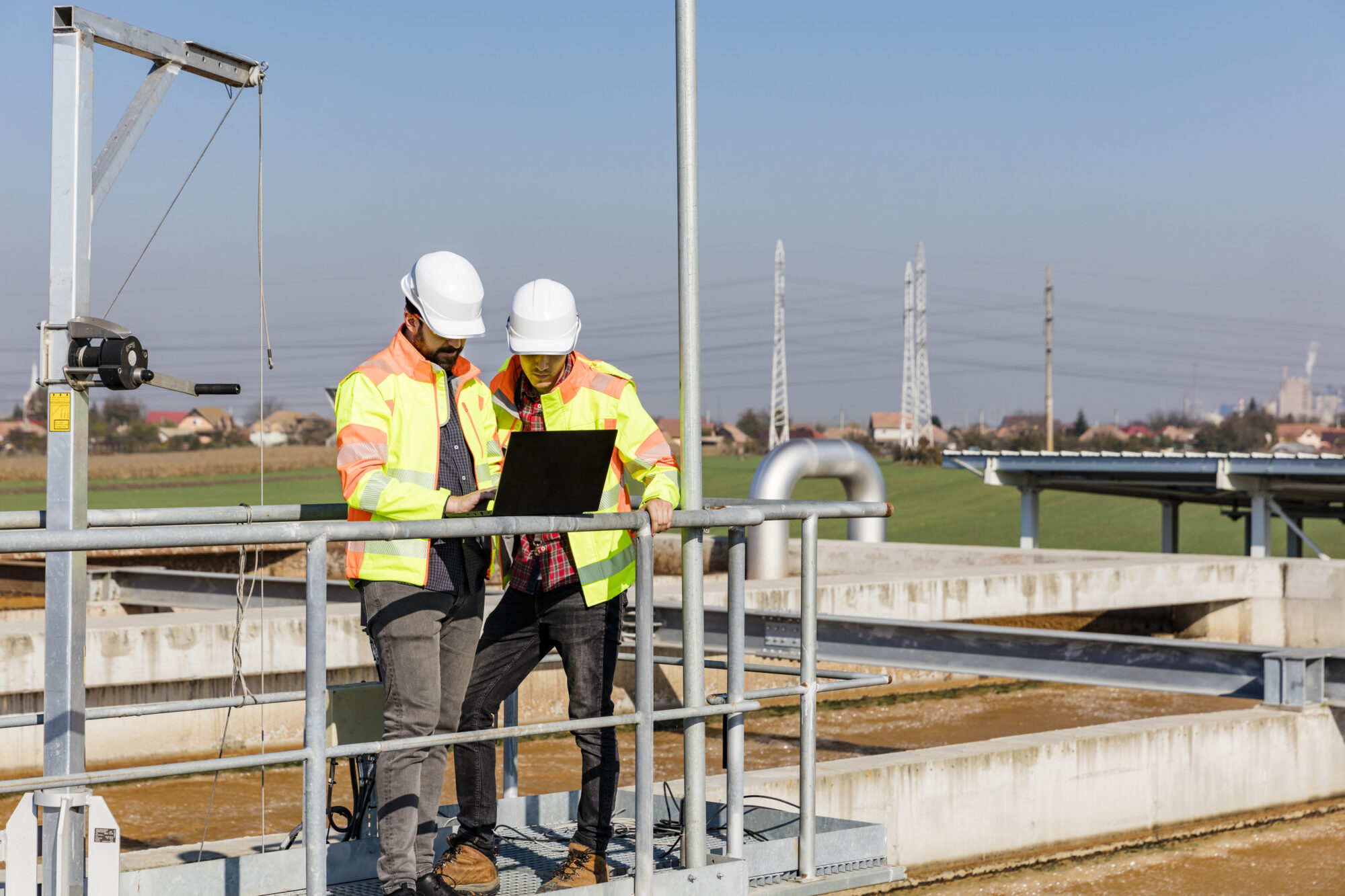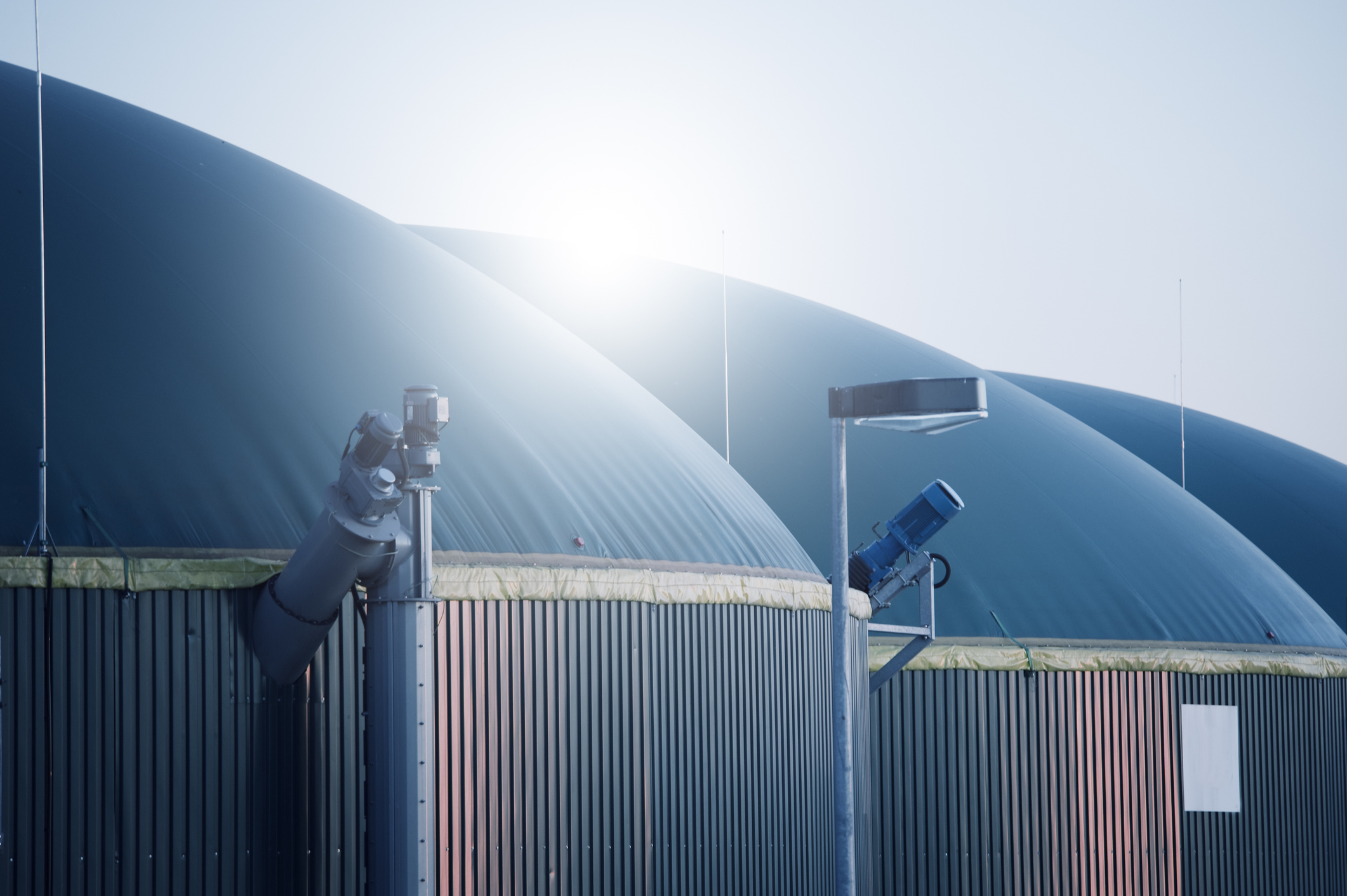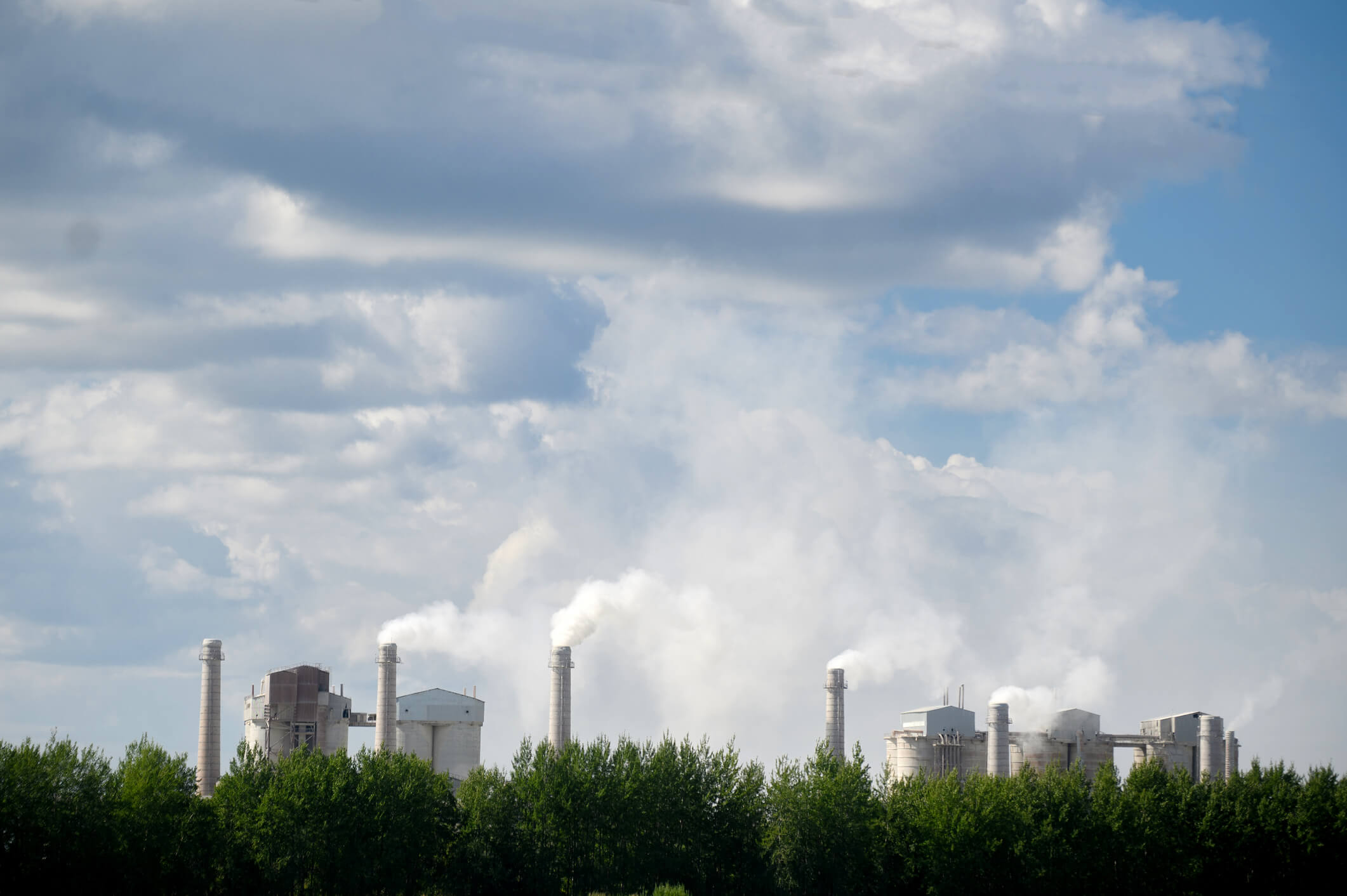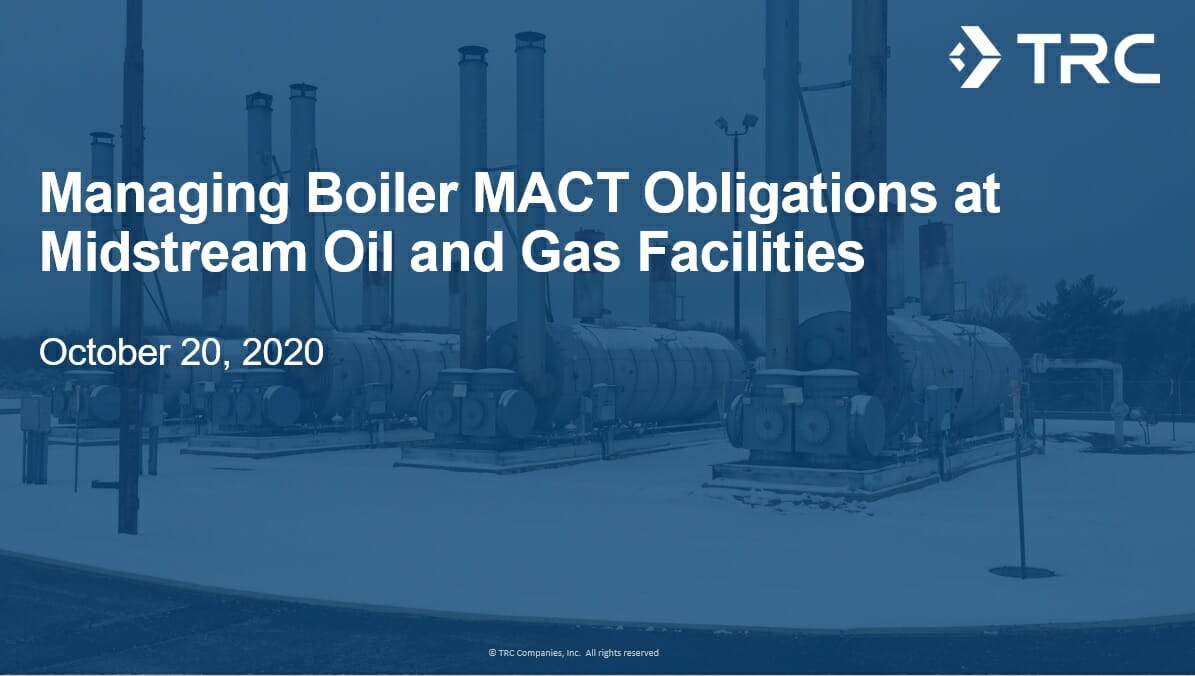Author: Thomas Dunder | March 14, 2022
On February 28, the EPA Administration signed a notice to finalize amendments to the National Emission Standards for Hazardous Air Pollutants (NESHAP) for Stationary Combustion Turbines.
The final action removes the stay of the effectiveness of the standards for new lean premix and diffusion flame gas-fired turbines that was promulgated in 2004. “New” is defined in the rule to include units which started construction on or after January 1, 2003.
The NESHAP rule became effective on March 9, 2022, the date of publication in the Federal Register. Owners and operators have 180 calendar days after publication to demonstrate initial compliance with a formaldehyde emission limit of 91 parts per billion by volume, dry basis (ppbvd) at 15 percent oxygen (O2). Compliance demonstration is required annually thereafter. Importantly, formaldehyde must be measured using FTIR spectroscopy (EPA Test Method 320 or ASTM Method D6348).
Demonstrating compliance with this emission standard is challenging because it pushes the limits of FTIR technology, and testing must be conducted to identify and eliminate all sources of bias in sampling and analysis to achieve the required detection limits. The majority of traditional FTIR analyzers used in emissions testing are not able to achieve the low detection limit to support the compliance demonstration requirements of this standard. TRC’s STAC/A2LA accredited emissions testing group has the appropriate instrumentation and extensive experience with EPA Test Method 320. Importantly, TRC has supported EPRI research to establish requirements for formaldehyde sampling at compliance demonstration levels and has also conducted numerous ppb-level formaldehyde tests on gas turbines. Our FTIR systems can achieve the detection limits to demonstrate compliance with this new standard.
For additional information on the NESHAP for Stationary Combustion Turbines, please see my February 2020 Insights article on this topic.
For more information, please contact Dr. Thomas Dunder at tdunder@trccompanies.com or visit TRC Air Quality to find out more about the services TRC can offer.
Sharing Our Perspectives
Our practitioners share their insights and perspectives on the trends and challenges shaping the market.
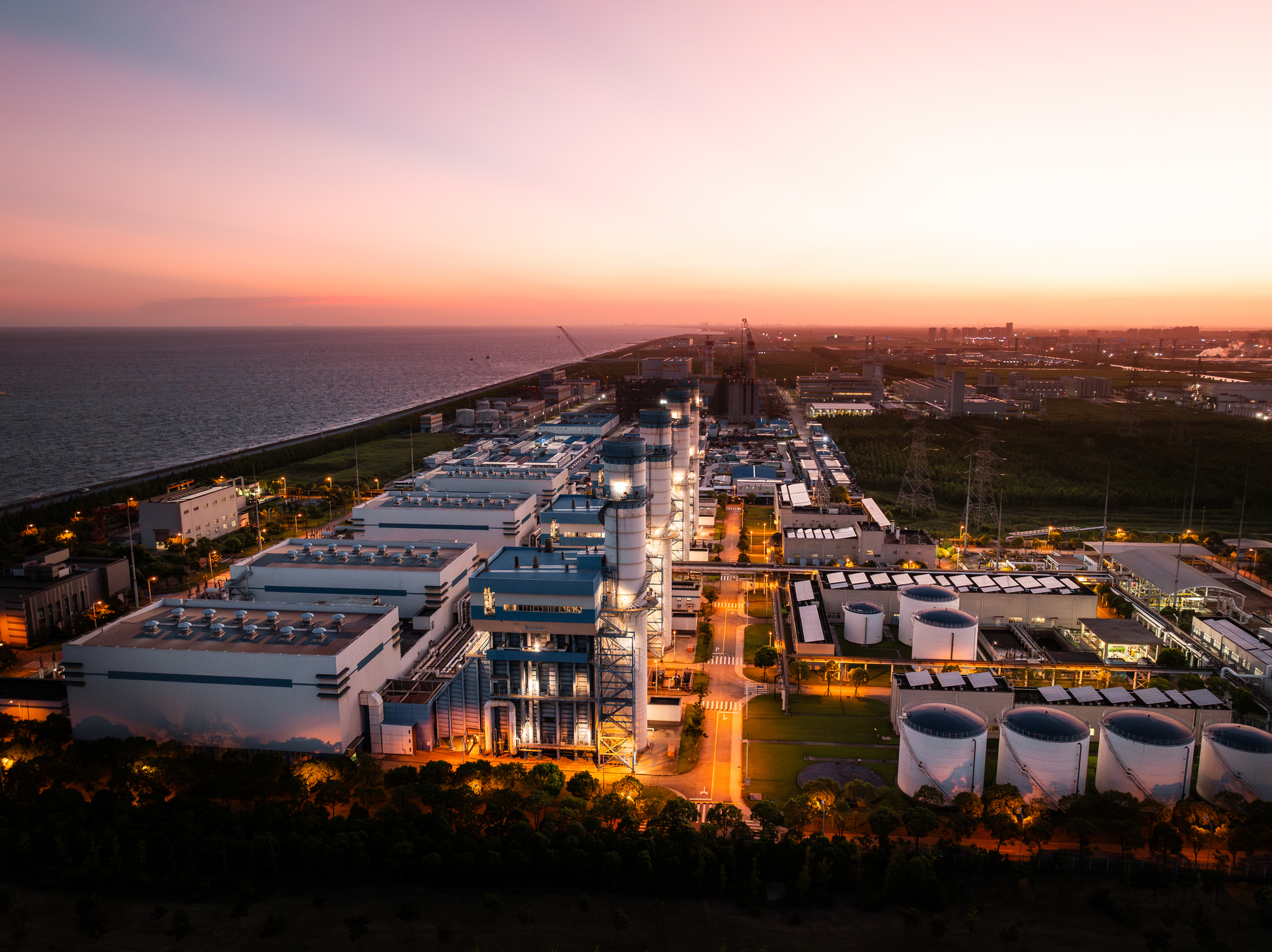
EPA Signs New Rule Affecting Air Emissions from Stationary Combustion Turbines
September 16, 2024
EPA finalized the residual risk and technology review (RTR) of the National Emission Standards for Hazardous Air Pollutants (NESHAP) for Stationary Combustion Turbines.

EPA Proposes New Guidance on Air Quality Analysis for Permits
January 5, 2024
On October 23, 2023, the US EPA proposed changes to the Guideline on Air Quality Models and the US EPA model AERMOD

Modeling of Fogging and Icing Events
December 14, 2023
In recent years, various agencies across the country have become committed to understanding the impacts of fog generated by cooling systems. At first glance, fog created by cooling towers may not appear to be a significant problem, however, it can have adverse effects on the public. Fog can impair visibility for people driving on roads and if temperatures are below freezing, fog can cause the formation of rime ice on surfaces. To understand the consequences of fog created by these cooling systems, experts have devised advanced modeling techniques.
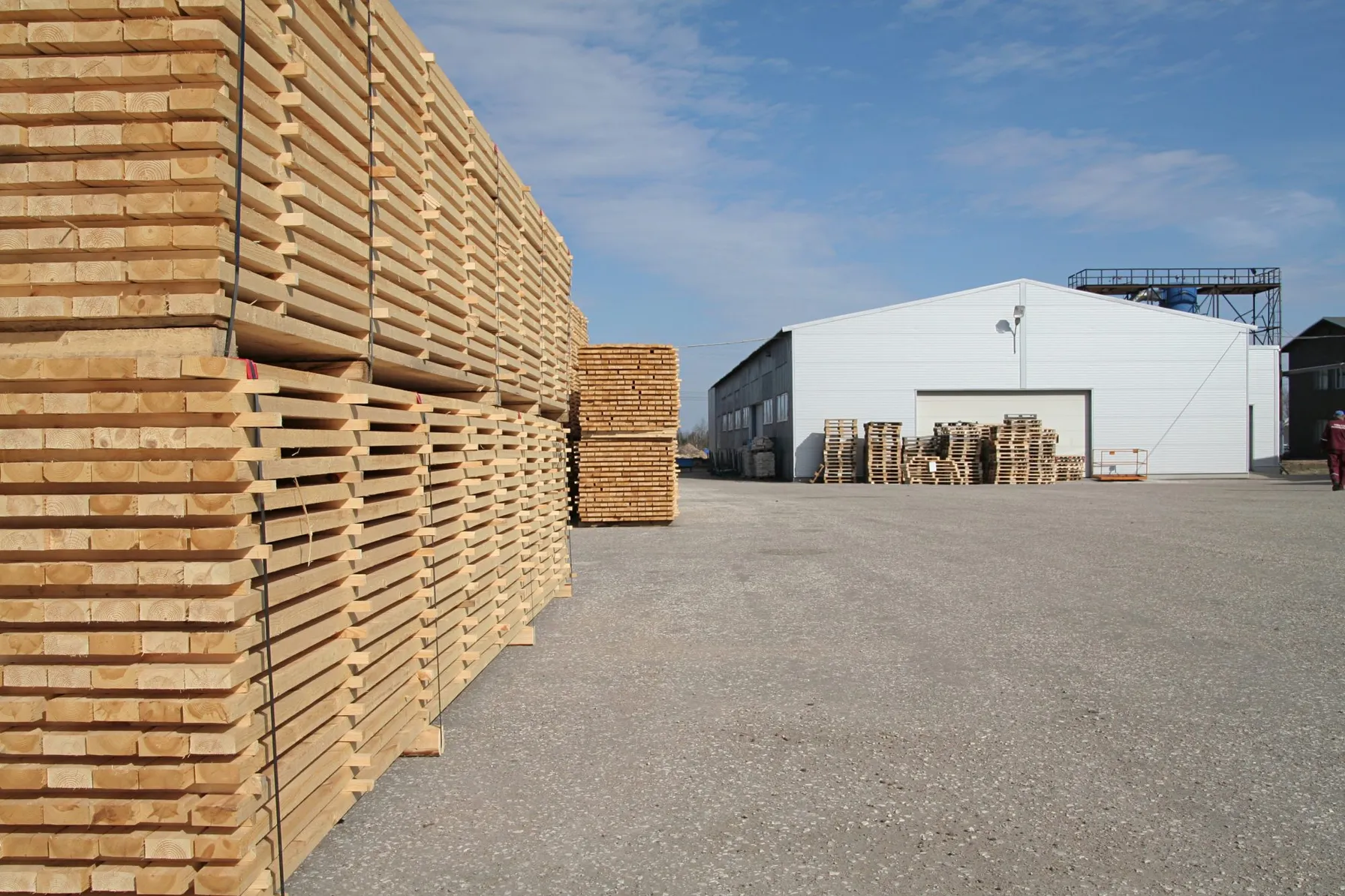
EPA Issues Information Collection Request for Plywood and Composite Wood Products Source Operators
March 17, 2022
EPA issued an Information Collection Request (ICR) to develop new emission standards for inclusion in the Plywood and Composite Wood Products (PCWP) National Emissions Standards for Hazardous Air Pollutants (NESHAP).
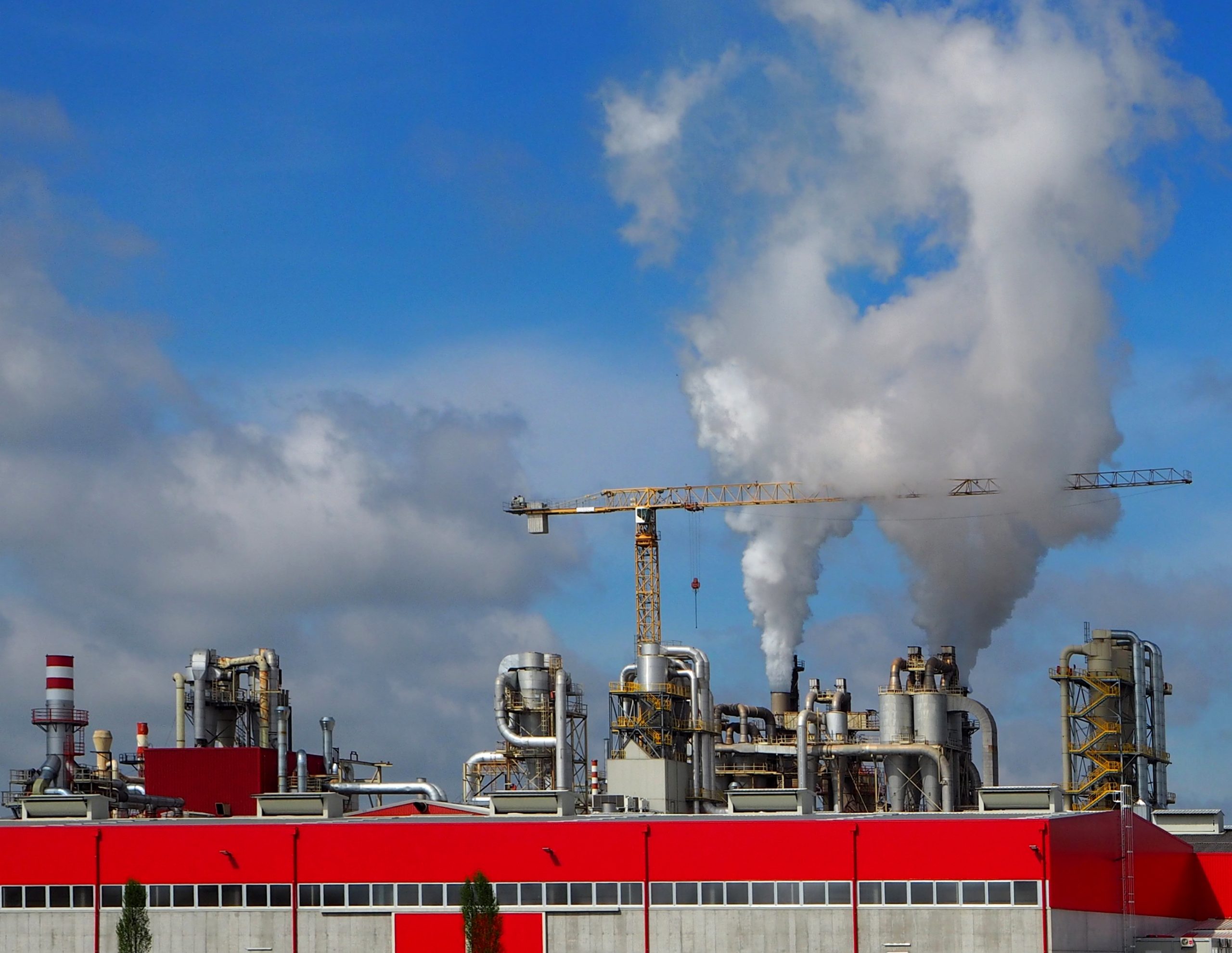
EPA Lifts Stay of Standards for New Lean Premix and Diffusion Flame Gas-fired Combustion Turbines
March 14, 2022
The EPA Administration signed a notice to finalize amendments to the National Emission Standards for Hazardous Air Pollutants (NESHAP) for Stationary Combustion Turbines
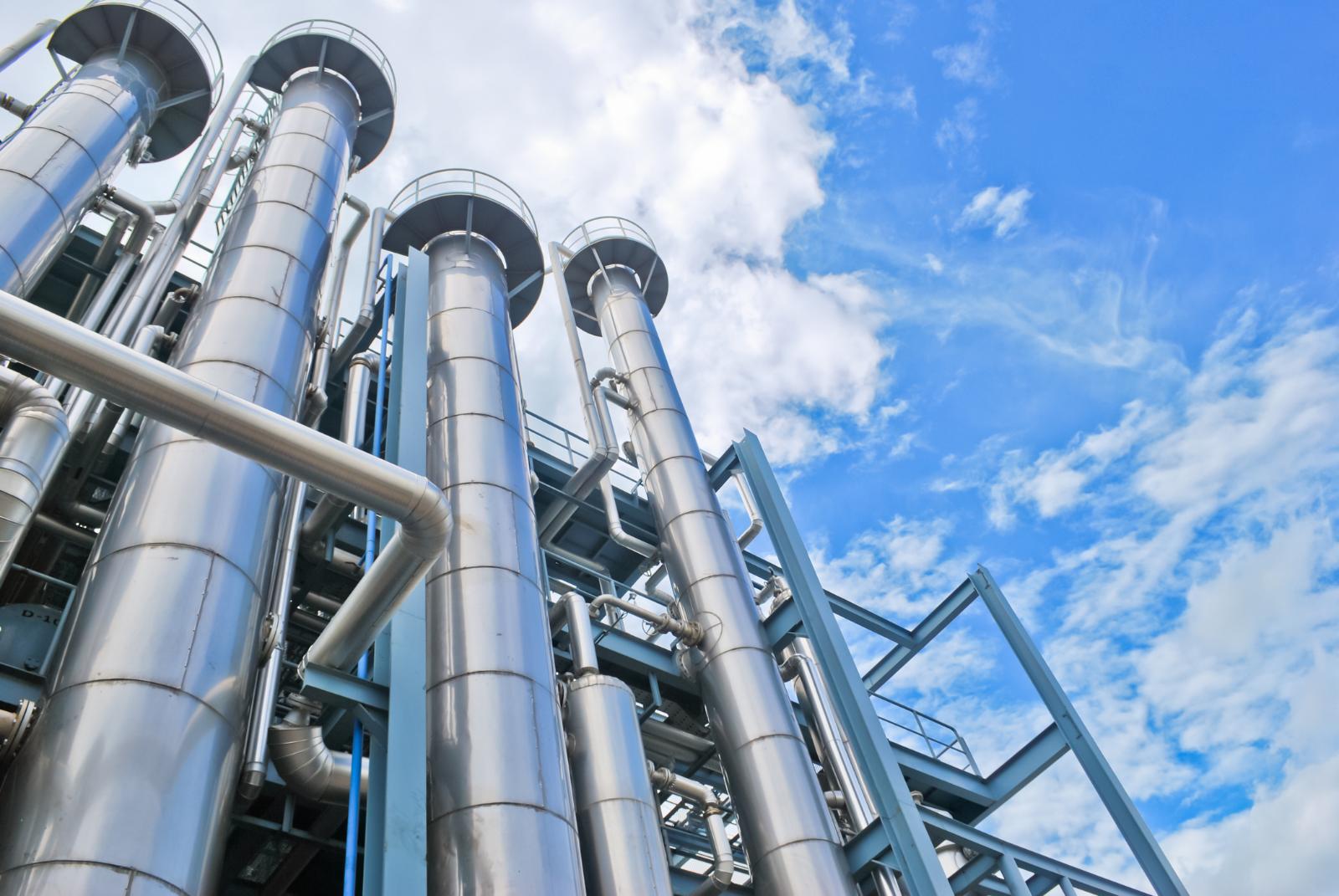
TRC Acquires United Sciences Testing, Inc., Expanding Air Management Capabilities
February 23, 2022
TRC Companies (“TRC”), announced the expansion of its Air Management capabilities with the acquisition of United Sciences Testing, Inc. (USTI), who provides emissions testing services to utility and industrial clients within the Great Lakes and Midwest regions of the US.

Air Emissions Permitting: What Analytical Laboratories Need to Know About Compliance
December 18, 2021
The independent testing of liquid and solid samples is a critical way that businesses demonstrate regulatory compliance. The laboratories that perform these analyses are also subject to environmental rules and should closely track their operations to ensure they are meeting compliance obligations.

EPA Proposes Changes to Methane Control at Petroleum Operations
November 10, 2021
New Source Performance Standard for Methane Control at Petroleum Operations in 2022

PFAS Air Emissions Standards and Trends for Summer 2021
August 17, 2021
Environmental impacts of PFAS in ambient air leads to states implementing PFAS air-related thresholds.

Managing EHS & ESG Risks Through Integrated Systems Today and Beyond
July 22, 2021
It has been more than 50 years since the development and establishment of the federal Environmental Protection Agency (EPA) and the federal Occupational Safety & Health Administration (OSHA) which were formed to protect our environment and workplaces across the United States. Significant laws, policies and regulations followed to establish the “regulatory programs” that all applicable businesses and entities must address and meet to ensure these compliance-driven legislative programs would create a foundation to protect our society.

EPA Proposes New Emissions Limits for Combustion Turbines
May 22, 2021
After 15 years of legal limbo, combustion turbines could be facing new emissions standards under a proposal introduced by the EPA.

EPA Ramps Up Inspections and Enforcement Actions
May 14, 2021
EPA’s acting enforcement chief, Larry Starfield, directs agents to ramp up inspections in communities known to be afflicted by pollution

South Coast Air Quality Management District Rule 2305: Warehouse Indirect Source Rule
April 7, 2021
The rule is intended to reduce local and regional emissions of NOx and diesel particulate matter (PM).
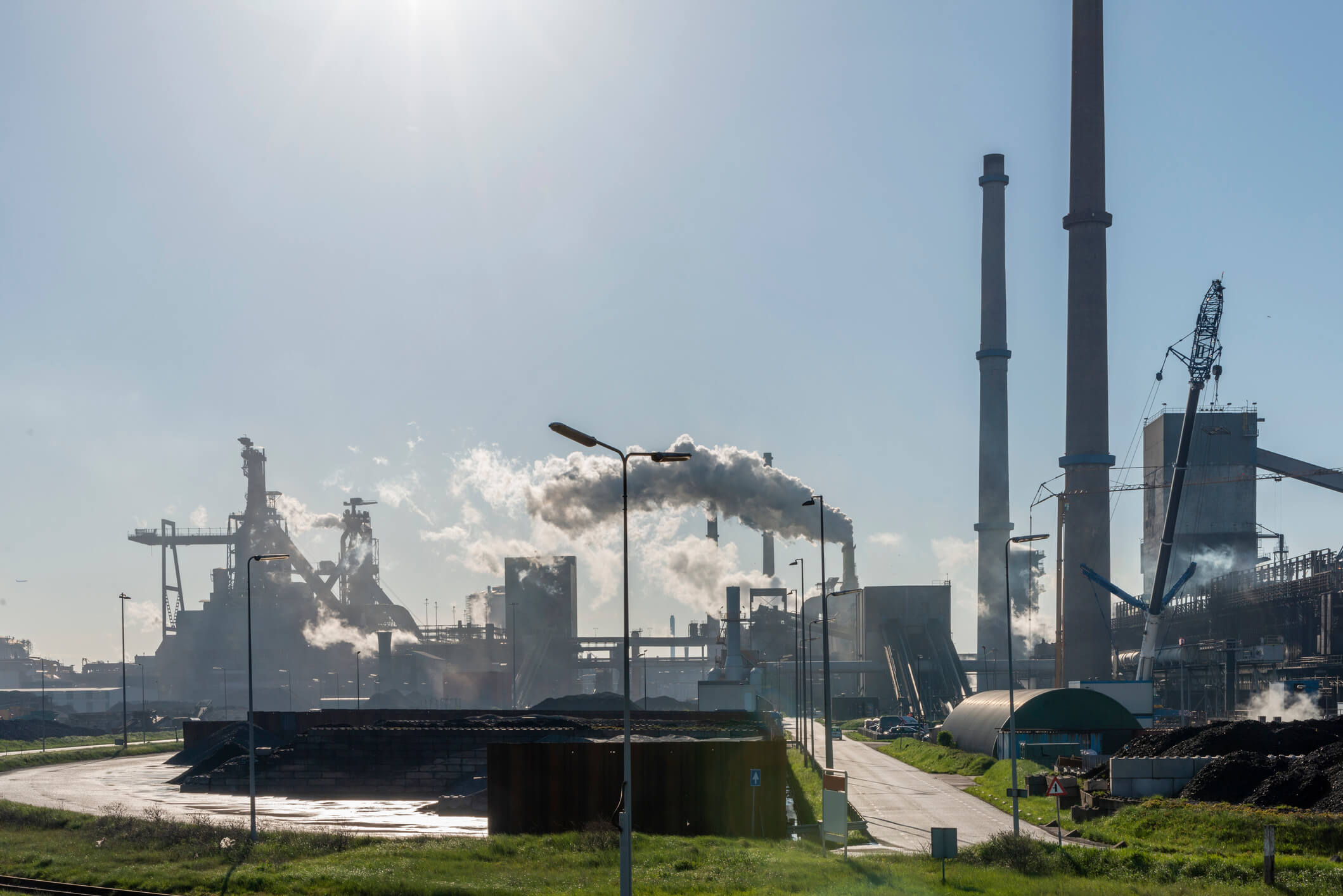
EPA Finalizes Reversal of “Once In Always In” Air Pollution Policy
November 18, 2020
On October 1, 2020, the EPA finalized a ruling that no longer enforces the “once in, always in” air emissions policy.

TRC Awarded a Yahara WINS Grant
August 28, 2020
TRC was recently awarded a Yahara WINS grant to develop a pilot scale simple aeration method for removing phosphorous from the discharge of manure digesters. The grant application was developed and submitted by: Bob Stanforth, Alyssa Sellwood, Mike Ursin, Ted O’Connell, Ken Quinn, and John Rice, who are members of multiple TRC CORE teams.
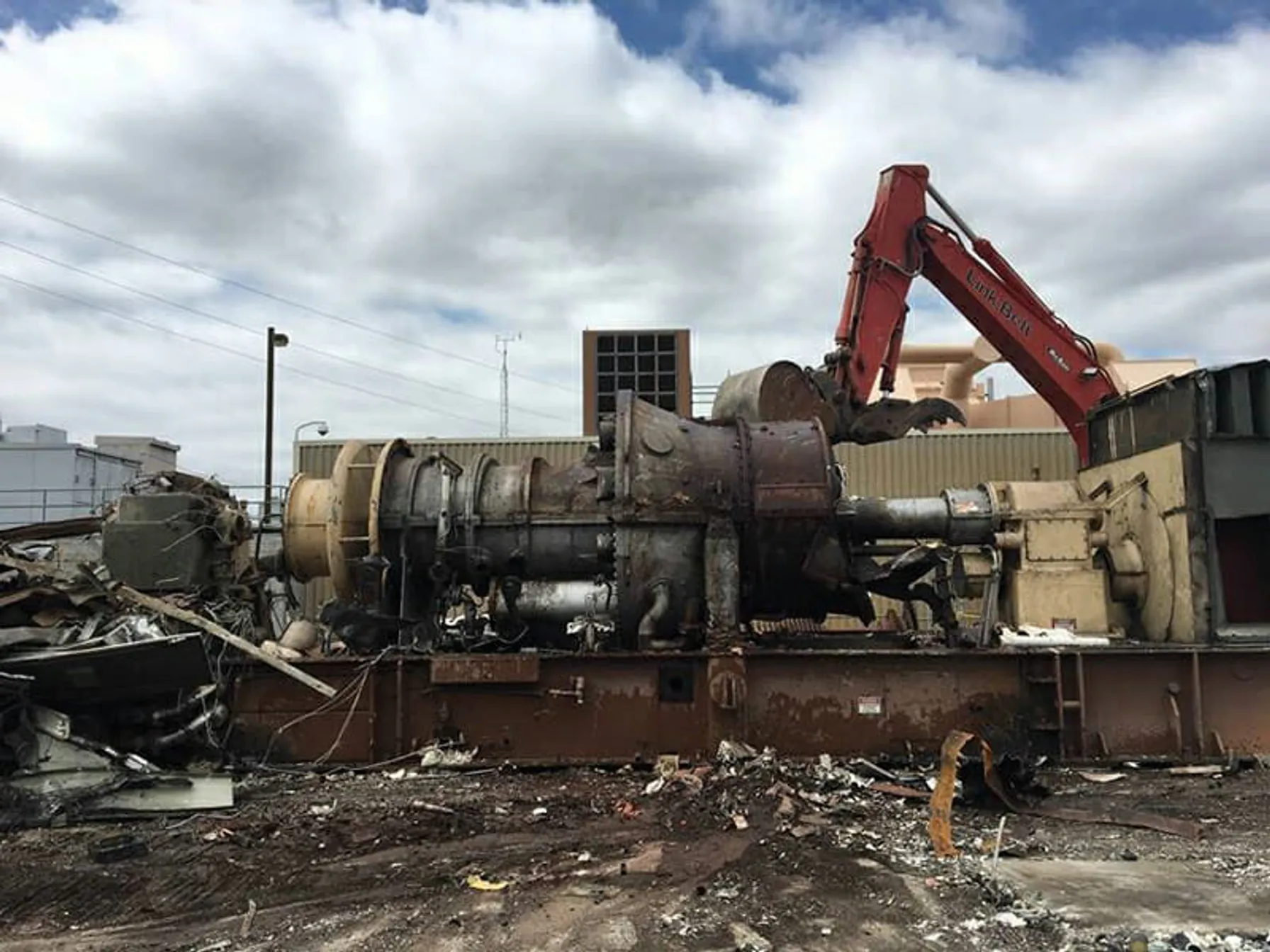
New York State Finalizes Emission Limits for Power Generators
January 21, 2020
On January 16, 2020, the New York State Department of Environmental Conservation (NYSDEC) finalized a rulemaking limiting nitrogen oxide (NOx) emissions from existing simple cycle and regenerative peaking combustion turbines with a nameplate capacity of 15 megawatts (MW) or greater during the ozone season (May 1 – October 31).
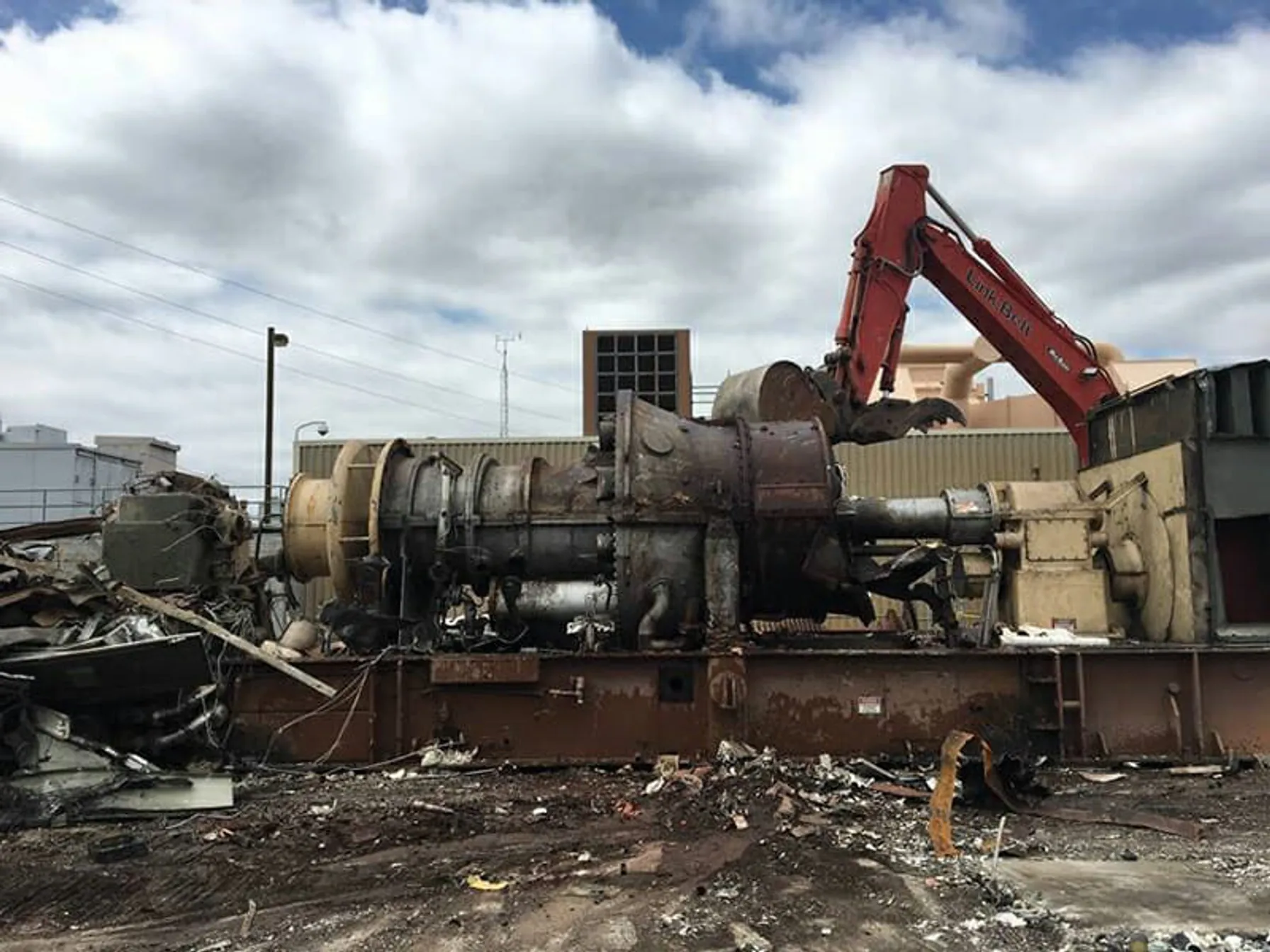
New York State Proposes Emissions Limits for Power Generators
March 22, 2019
On February 27, 2019, the New York State Department of Environmental Conservation (NYSDEC) released a proposed rulemaking limiting nitrogen oxide (NOx) emissions from existing simple cycle and regenerative peaking combustion turbines with a nameplate capacity of 15 megawatts (MW) or greater during the ozone season (May 1 – October 31).

Tom Dunder
Tom Dunder is Technical Director in the Air Management Services Division at TRC Companies in Raleigh, North Carolina where he performs and manages air pollutant testing programs. He has degrees in Chemistry from Columbia (A.B.), Rutgers (M.S.) and the University of North Carolina (Ph.D.). Tom has 29 years of experience in gaseous pollutant emissions measurements at a wide variety of industries (refineries, chemical plants, power plants, paper mills, etc.) with recent work in biomass/biogas processes and emerging pollutants like PFAS. Contact Tom at tdunder@trcsolutions.com.



